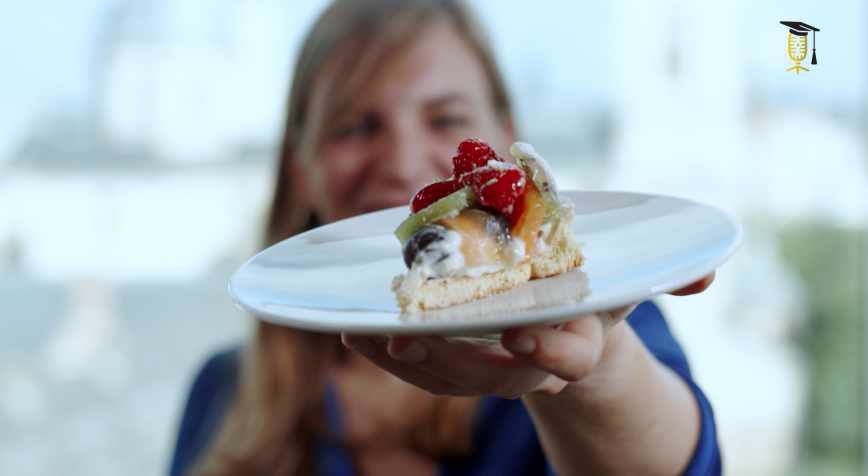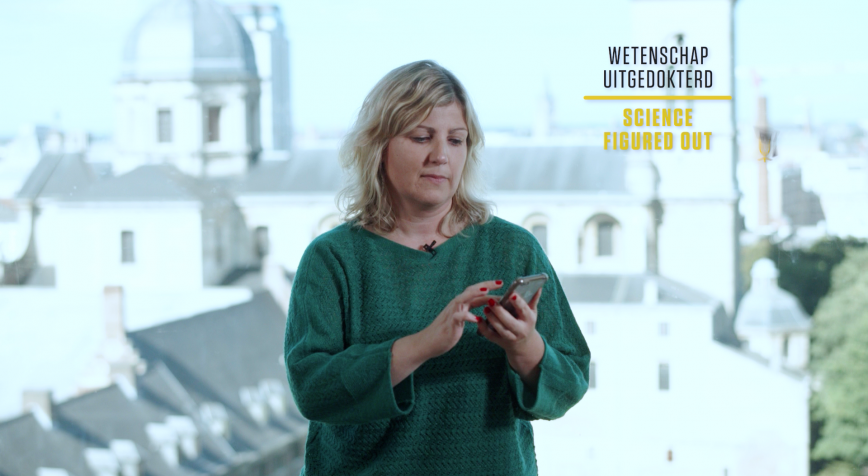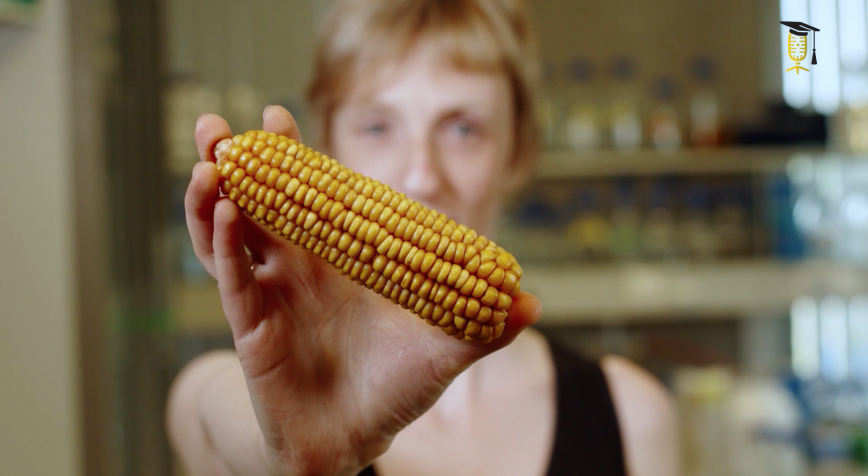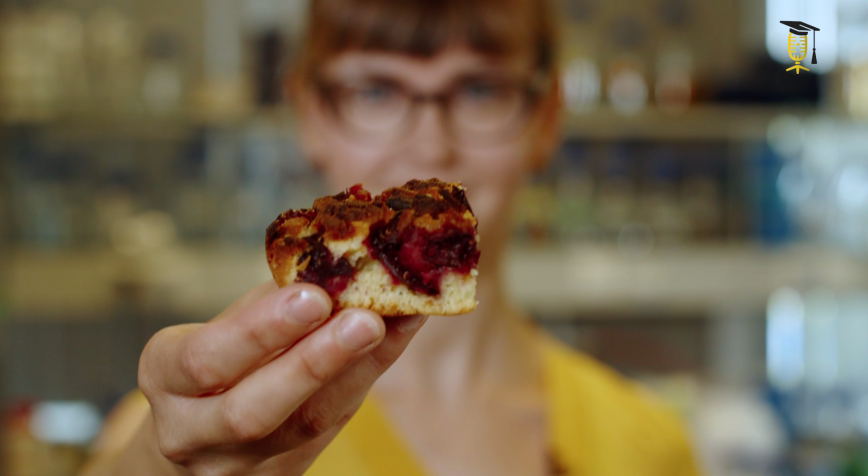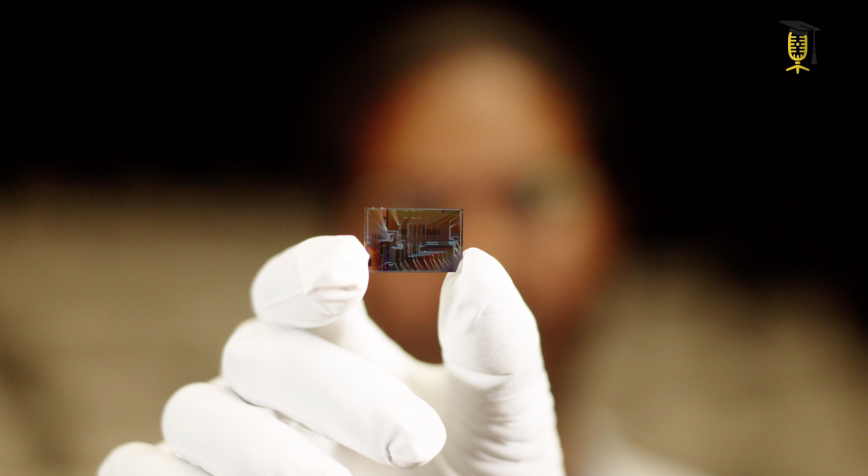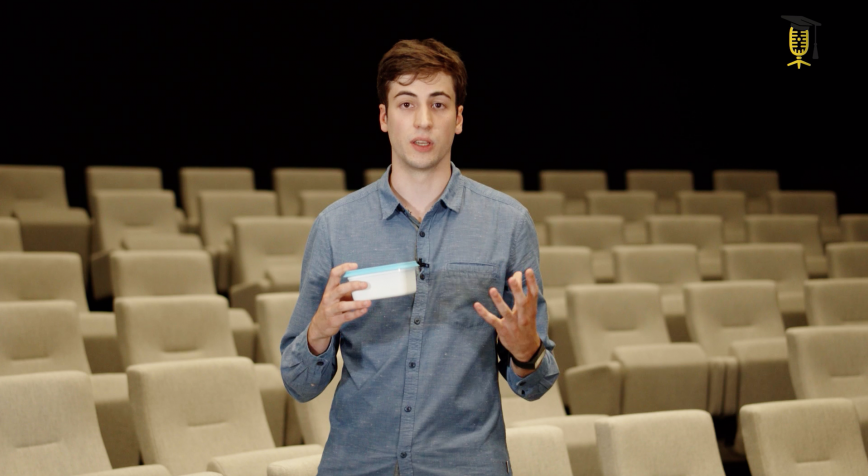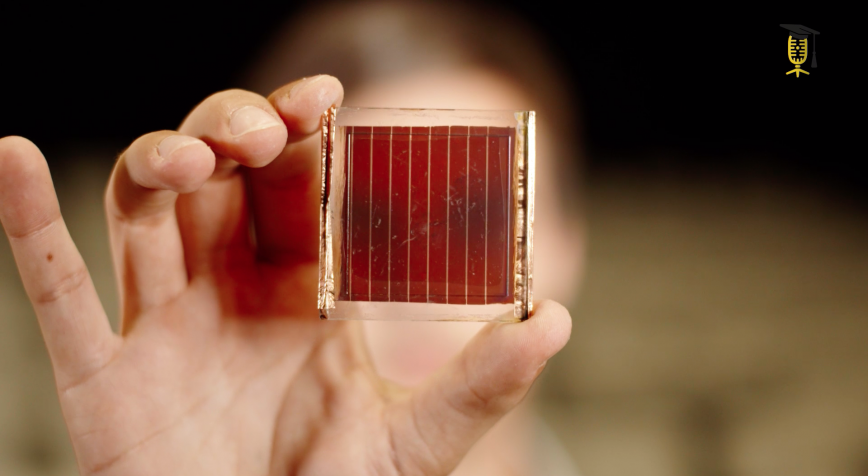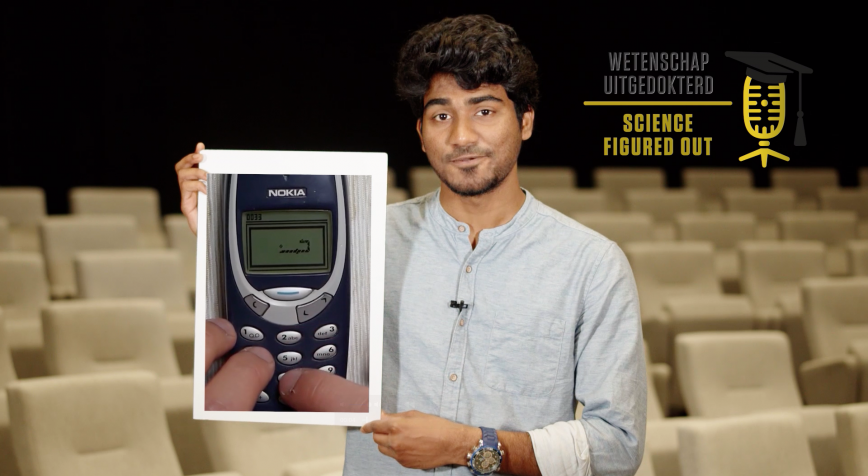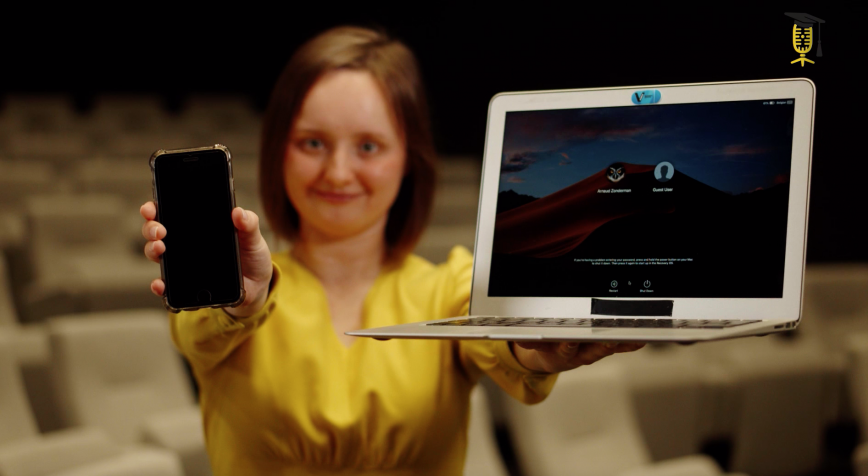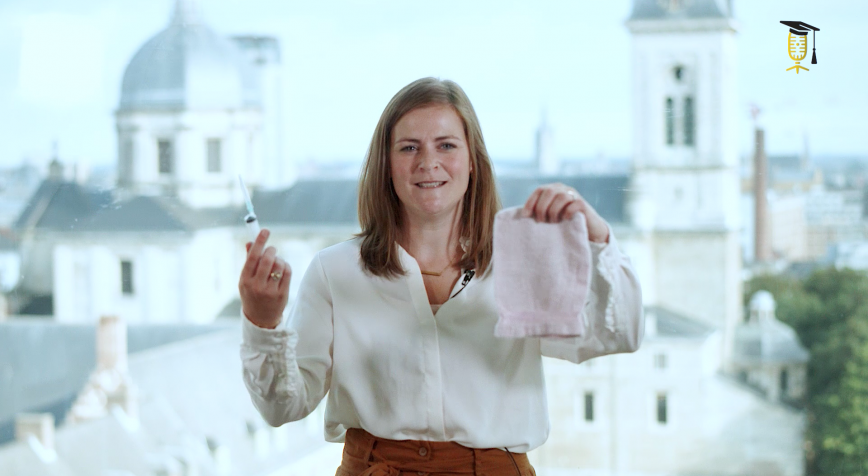
Arteveldehogeschool
Would you like a role model at your hospital bedside?
"Nurses do more than wash patients, give injections and execute what the doctor asks them to do. They take full control of your hospitalization and have a great influence on the quality of the care you receive", as Sabrina Nachtergaele explains in this video.
